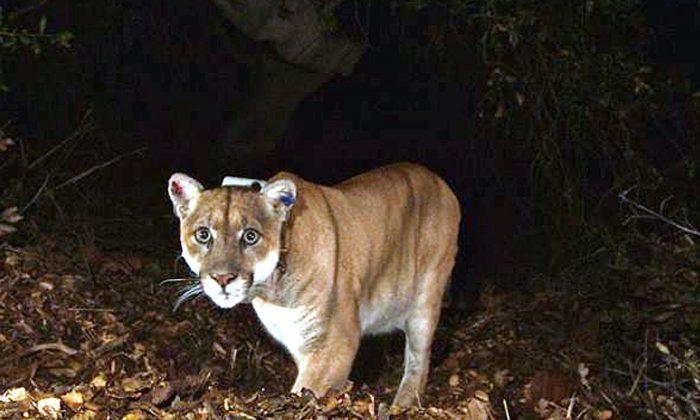Three Wisconsin men pleaded guilty to charges linked to the killing of a mountain lion in January 2017.
Robert Peters, 53, and Steven Reindahl, 55, both of Turtle Lake, pleaded guilty in federal court on Dec. 12 of hindering a federal grand jury investigation by providing false testimony about the 2017 Montana mountain lion hunt.





